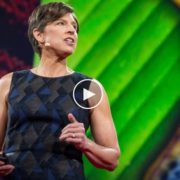
Pamela Ronald: The case for engineering our food
CSVL Research, Curated Webinars / Video Lectures, Webinars0 Comments
/
2015 TED talk by Pamela Ronald.
http://www.ted.com/talks/pamela_ronald_the_case_for_engineering_our_food

Ask Me Anything: Plant Science Careers in Industry
Careers, Plantae WebinarsAsk Me Anything: Plant Science Careers in Industry
Recorded February 2017
About This Webinar:
Three scientists discuss their experiences with industry careers and the different opportunities they have had working at Monsanto. Participants were invited to pre-submit their questions when they…
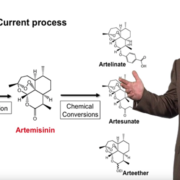
Jay Keasling. Engineering Microbes to Solve Global Challenges
CSVL Research, Curated Webinars / Video Lectures, WebinarsFilmed for iBiology 2016
Talk Overview
Dr. Jay Keasling discusses the promise of biological systems to create carbon-neutral products for a range of applications, including fuels, chemicals and drugs. Keasling discusses the application of these principles to the development of a microbial platform…
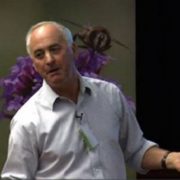
Alistair Fritter. People, plants and planet
CSVL Research, Curated Webinars / Video Lectures, WebinarsFilmed at Gatsby Summer School, 2011
Abstract: Population issues are receiving renewed attention from both scientists and policy-makers and well-founded predictions of likely global population growth have given new urgency to concerns about food security and loss of ecosystem services. Plant science…
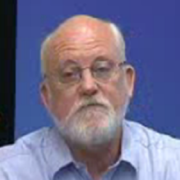
Robert Zeigler. Importance of rice science and world food security
Blog, CSVL Research, Curated Webinars / Video Lectures, WebinarsFilmed at the 2011 Gatsby Plant Summer School
Abstract: Rice is the most important food crop of the developing world and the staple food of more than half of the world’s population, many of whom are also extremely vulnerable to high rice prices. In developing countries alone, more than 3.3 billion…

Ottoline Leyser. Thinking like a vegetable: How plants decide what to do
CSVL Research, Curated Webinars / Video Lectures, WebinarsFilmed at Gatsby Summer School 2015
Professor Ottoline Leyser, Director of the Sainsbury Laboratory at the University of Cambridge, speaking at the Gatsby Plant Science Summer School 2015.
http://sms.cam.ac.uk/media/2115987
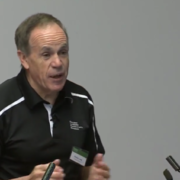
Steve Long: Food, Feed and Fuel from Crops under Global Atmospheric Change. Could we have it all in 2030?
Blog, CSVL Research, Curated Webinars / Video Lectures, WebinarsFilmed at the Gatsby Summer School, Leeds University, 2014
Abstract
Demand for our major crops is expected to rise 30% by 2030, while we look increasingly to croplands for energy as well as food and feed. This is at a time when the rate of increase in yield seen over the past 60 years is stagnating…

Giles Oldroyd. Engineering the nitrogen symbiosis for smallholder farmers in Africa
CSVL Research, Curated Webinars / Video Lectures, WebinarsFilmed at the Gatsby Summer School, University of Cambridge 2015
Western agricultural systems are reliant on the application of inorganic nitrogen fertilisers to greatly enhance yield. However, production and application of nitrogen fertilisers account for a significant proportion of fossil fuel usage…

Beverley Glover. Flowering plant diversity: development, function and evolution
CSVL Research, Curated Webinars / Video Lectures, WebinarsFilmed at the Gatby Summer School, University of York, 2013
http://www.tree.leeds.ac.uk/tree.2.0/view_lecture.php?permalink=MTA2Nw
Abstract: The enormous species diversity of the flowering plants has puzzled evolutionary biologists since Darwin’s day. The rapid radiation of the flowering plants…

